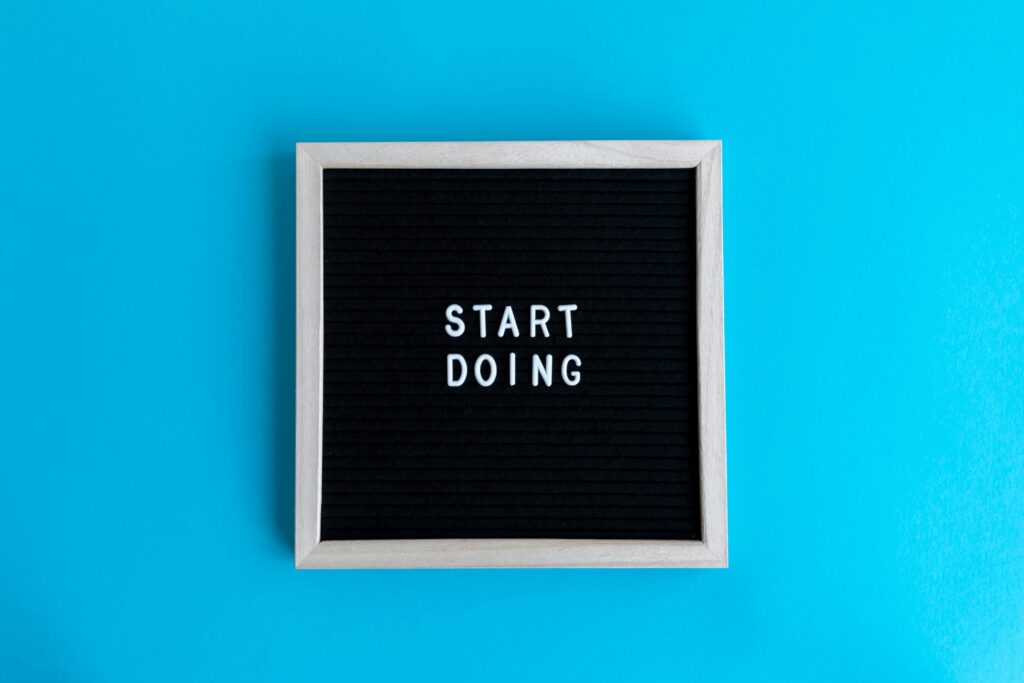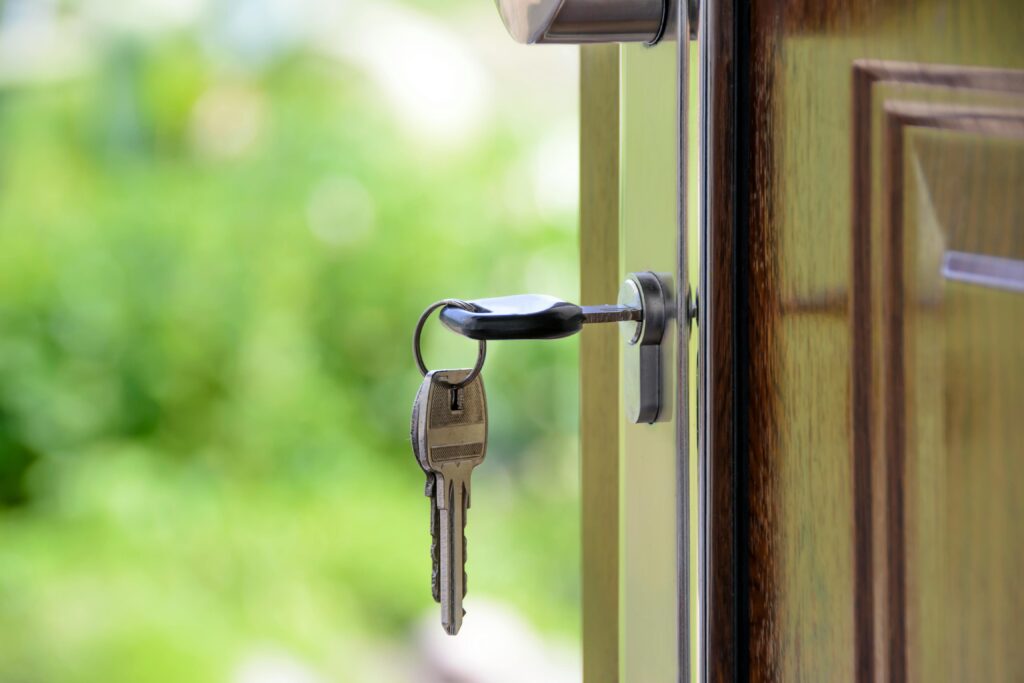“Want to buy a home? Your first step isn’t house hunting—it’s getting pre-approved for a mortgage.”
In today’s competitive real estate market, getting pre-approved can make the difference between securing your dream home or missing out. Pre-approval isn’t just a formality—it shows sellers and lenders that you’re financially ready to buy.
If you’re a first-time homebuyer or looking to upgrade, understanding mortgage pre-approval is crucial. This guide will walk you through what you need, why it matters, and what to do if you don’t get approved.
Pre-Qualification vs. Pre-Approval

Many buyers confuse pre-qualification and pre-approval, but they are not the same.
 Pre-Qualification: A basic financial review based on self-reported income, debts, and assets. It gives you an estimate of what you can afford but isn’t a guarantee.
Pre-Qualification: A basic financial review based on self-reported income, debts, and assets. It gives you an estimate of what you can afford but isn’t a guarantee.
 Pre-Approval: A thorough financial evaluation where lenders verify your income, credit, and financial history. A pre-approval comes with a conditional commitment from a lender, making your offer stronger in the eyes of sellers.
Pre-Approval: A thorough financial evaluation where lenders verify your income, credit, and financial history. A pre-approval comes with a conditional commitment from a lender, making your offer stronger in the eyes of sellers.
Bottom line: Pre-approval holds more weight in the home-buying process and should be your priority before making an offer.
Requirements for Pre-Approval

To get pre-approved for a mortgage, lenders will require several financial documents. Here are the five key things you need:
1. Proof of Income
Lenders need to verify your income to determine if you can afford a mortgage. Be prepared to provide:
- Recent pay stubs (typically covering the last 30 days)
- W-2 forms from the past two years
- Tax returns if you’re self-employed or have variable income
- Additional income sources (bonuses, commissions, rental income, etc.)
Lenders use this information to calculate your debt-to-income (DTI) ratio, which measures how much of your income goes toward debt payments. A lower DTI improves your chances of approval.
2. Proof of Assets
Having enough cash reserves is essential for a down payment and closing costs. Lenders will check:
- Bank statements (checking and savings accounts)
- Investment accounts (stocks, bonds, retirement savings)
- Gift letters (if family or friends are contributing to your down payment)
The more assets you have, the less risky you appear to lenders, increasing your approval odds.
3. Good Credit Score
Your credit score plays a huge role in determining your mortgage terms, including interest rates.
- Conventional loans typically require a credit score of 620+.
- FHA loans allow for lower scores, sometimes as low as 580, but require a higher down payment.
- A higher credit score (700+) can secure better interest rates, saving you thousands over time.
Tip: If your credit score is low, work on paying down debts, avoiding late payments, and correcting errors on your credit report before applying.
4. Employment Verification
Lenders want to see stable employment history, typically requiring at least two years in the same job or industry.
They may ask for:
- Employer verification letters
- Direct contact with your HR department
- Additional documentation for freelancers or self-employed buyers, such as profit-and-loss statements
Consistent employment reassures lenders that you have a steady income to support mortgage payments.
5. Other Documentation
Each lender may request additional paperwork, including:
- Driver’s license or passport for identity verification
- Social Security number for credit checks
- Rent payment history if you’re a first-time homebuyer
- Debt obligations (auto loans, student loans, credit cards)
Being organized and prepared with these documents will speed up your pre-approval process.
Pre-Approval vs. Final Approval
Pre-approval does NOT guarantee final mortgage approval. Here’s what happens next:
- After getting pre-approved, you’ll make an offer on a home.
- The lender will conduct a home appraisal to confirm the property’s value.
- Your finances will be rechecked before closing to ensure no major changes (like job loss or new debt).
To keep your pre-approval intact, avoid: Opening new credit accounts
Opening new credit accounts Making large purchases (like a car or furniture)
Making large purchases (like a car or furniture) Changing jobs before closing
Changing jobs before closing
Final approval happens when all conditions are met, and the loan is cleared to close.
What If You Don’t Get Pre-Approved?

If your application is denied, don’t panic! Here’s what you can do:
 Ask your lender why – Understanding the reason will help you address issues.
Ask your lender why – Understanding the reason will help you address issues. Improve your credit – Pay off debt, make on-time payments, and avoid new credit inquiries.
Improve your credit – Pay off debt, make on-time payments, and avoid new credit inquiries. Increase your savings – A larger down payment can improve approval chances.
Increase your savings – A larger down payment can improve approval chances. Lower your DTI ratio – Pay down outstanding debts before reapplying.
Lower your DTI ratio – Pay down outstanding debts before reapplying. Consider alternative loans – FHA, VA, and USDA loans have different requirements.
Consider alternative loans – FHA, VA, and USDA loans have different requirements.
Lenders WANT to approve you, so work on improving your financial profile and try again.
Why Is It Important to Get Pre-Approved?

 Stronger Buying Power – Sellers take pre-approved buyers more seriously.
Stronger Buying Power – Sellers take pre-approved buyers more seriously. Faster Closing Process – Pre-approval speeds up mortgage approval after you find a home.
Faster Closing Process – Pre-approval speeds up mortgage approval after you find a home. Budget Clarity – Know exactly what you can afford to avoid overextending.
Budget Clarity – Know exactly what you can afford to avoid overextending. Competitive Edge – In a bidding war, a pre-approved buyer is more attractive than one who isn’t.
Competitive Edge – In a bidding war, a pre-approved buyer is more attractive than one who isn’t.
If you’re serious about buying a home, pre-approval is the first step to making it happen.
Final Thoughts
Getting pre-approved isn’t just a box to check—it’s a critical step in the home-buying journey. You can secure better mortgage terms and move forward with confidence by following the steps given above.
If you’re ready to take the next step, start gathering your paperwork and reach out to a trusted lender today!
 Have questions about pre-approval? Drop them in the comments!
Have questions about pre-approval? Drop them in the comments!


